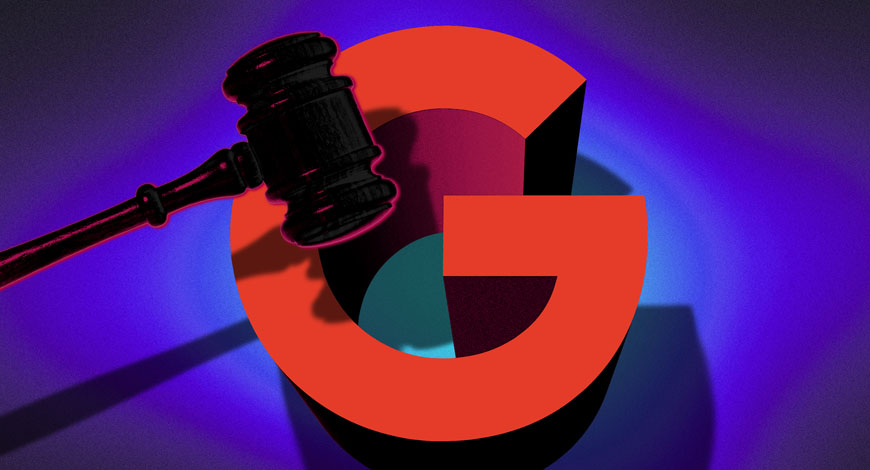Alphabet Inc.’s Google lost the biggest antitrust challenge it has confronted when a US judge in 2024 found that it illegally monopolized the search market. Now it’s facing the possibility that the result will be a forced breakup of the company.
The US government has said it wants Google to sell its Chrome web browser and license search data to competitors in what would mark the biggest forced breakup of a US company since AT&T was dismantled in 1984. US District Judge Amit Mehta is expected to issue a ruling soon with remedies to unwind Google’s monopoly. In anticipation of his decision, artificial intelligence companies OpenAI and Perplexity expressed interest in acquiring Chrome, which together with the open-source Chromium software is the main way people access the web on PCs.
What was the case against Google?
The Justice Department and attorney generals alleged that Google, whose search engine controls nearly 90% of online queries, has paid billions of dollars to maintain a monopoly over the search market via agreements with tech rivals, smartphone manufacturers and wireless providers. In exchange for a cut of advertising revenue, those companies, including Apple Inc. and Samsung Electronics Co., agreed to set Google as the default on browsers and mobile devices. The deals locked up key access points, the plaintiffs alleged, preventing rival search engines such as DuckDuckGo or Microsoft Corp.’s Bing from gaining the volume of data they need to improve their products and challenge Google.
Mehta, of the US District Court for the District of Columbia, ruled that the $26 billion in payments that Google made to other companies to set its search engine as the default option effectively blocked any other competitor from succeeding in the market. Mehta’s ruling came after a 10-week trial in 2023 — the first on monopolization charges to pit the federal government against a US technology company in more than two decades.
Mehta found that Google illegally monopolized the market for general search services and search text advertising — the ads that appear at the top of the search results page. “Google’s distribution agreements foreclose a substantial portion of the general search services market and impair rivals’ opportunities to compete,” the judge said. As a result of its monopoly, Google had been able to increase prices for text advertising without constraints, he found.
What remedies have antitrust enforcers sought?
The Justice Department and a group of states proposed a forced sale of Google’s Chrome. Their proposal would prohibit Google from entering into the kind of exclusive deals at the center of the case. For its existing agreements, the company would be required to offer smartphone makers and wireless carriers the option to display a choice screen to users.
The Justice Department and states said that Google should be required to license both its underlying “click and query” data as well as its search results to potential rivals to help them improve their products. As part of that license, they proposed, Google would have to include all content from its own properties, such as YouTube, that it includes in its own search offering.
Mehta held a three-week trial in which he considered the proposal in April and May 2025.
What has Google said?
The company has said it intends to appeal the judge’s ruling that it has illegally monopolized the search market, which could delay a remedy for months or years. It also says it plans to challenge any ruling that calls for Chrome to be divested and has proposed a narrower set of remedies that would modify its default search agreements with Apple and Mozilla to open up the search market to competition. It also would make it easier for phonemakers such as Samsung to use its Android operating system without having to make Google search the default on devices.
Google has said that the Justice Department’s proposal would harm Americans’ privacy and security, stymie Google’s investments in artificial intelligence, and hurt companies such as Mozilla, which depends on revenue Google pays to make its search engine the default option in the Firefox browser.
What are antitrust laws?
They are meant to protect competition in commerce. In the US, it’s not illegal to be big and powerful; gaining a monopoly position from superior products or better management is considered a reward for success in the marketplace. However, it’s illegal for a monopoly to take predatory steps to stop rivals that might threaten its dominance. Any attempt to illegally maintain a monopoly is fair game for antitrust enforcers and could result in penalties or a forced breakup. Bloomberg
